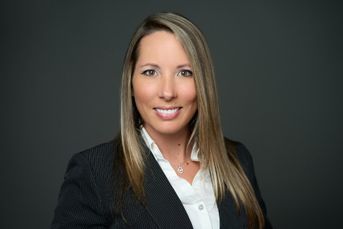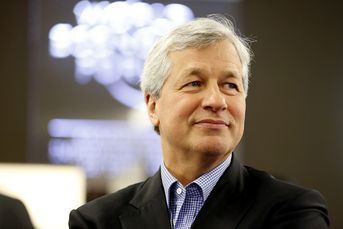Lessons from the financial experts

For advisers and their client, there is no one best way to invest
Should clients of financial advisers do as their advisers say, or do as their advisers do?
For most investors, it’s a lot easier to follow the guidance of advisers and other investment experts than emulate their actions, largely because providers of advice rarely discuss how they themselves invest. In a new book reviewed recently by InvestmentNews senior columnist Jeff Benjamin, 25 financial professionals provide personal full disclosure.
“How I Invest My Money: Financial experts reveal how they save, spend and invest” (Harriman House, 2020), by adviser and blogger extraordinaire Joshua Brown and Brian Portnoy, a financial author, educator and entrepreneur, offers a collection of essays from advisers and other investment experts that shed light on their thinking and emotions.
If general readers buy the book expecting to find some secret, surefire market tips, they no doubt will be disappointed. The overarching investment takeaways are the financial equivalent of eat-your-vegetables. Just as they advise others to do, the book’s contributors try to save a lot, not borrow too much and opt for low-cost investments for the long haul while being as dispassionate as possible about market ups and downs.
For advisers and their clients there are other takeaways, chief among them being the revelation that there is no one “best” way to invest. Many of the book’s experts, for example, have little or no allocation to bonds in their portfolios. One had a lot. Obviously, each thought that their allocation choice was the right one for themselves and their families given their overall goals.
Does that mean all the emphasis on portfolio construction is misplaced? No, but if “best” is the goal, it’s easy to understand why getting portfolio construction right can be anxiety-provoking for advisers and clients alike. Maybe “good” is good enough, as long as allocations are made after thoroughly understanding a client’s life goals and how they want to use their nest egg.
That leads to another takeaway, which is that everyone approaches money, spending, long-term goals and trade-offs differently. That’s hardly news, but if spending $5 a day on coffee is really important to someone’s sense of satisfaction in life and not just a mindless habit, to use just one example, then maybe the coffee is a worthwhile expense that can be offset by cutbacks in some other spending if an adequate rate of saving is threatened.
TAP THEIR INVESTMENTS
In that vein, advisers should probe to learn about the ways clients may need to tap their investments to provide for situations that never seem to affect the carefree retired couples who populate wealth manager ads. Many clients, for example, may want to help an adult child going through a divorce, pay for services for an elderly relative, or assist a sibling with a disability. Some of the book’s professionals have dealt with issues like those, driving home the point that wealth concerns and choices take many forms.
One last takeaway: Perhaps the human dimension the financial experts reveal in print should be incorporated in adviser marketing. Since advisers always stress the value of human advice, what better way to show that advisers are flesh-and-blood humans than by revealing what they personally consider important and how their investment decisions follow?
Learn more about reprints and licensing for this article.







